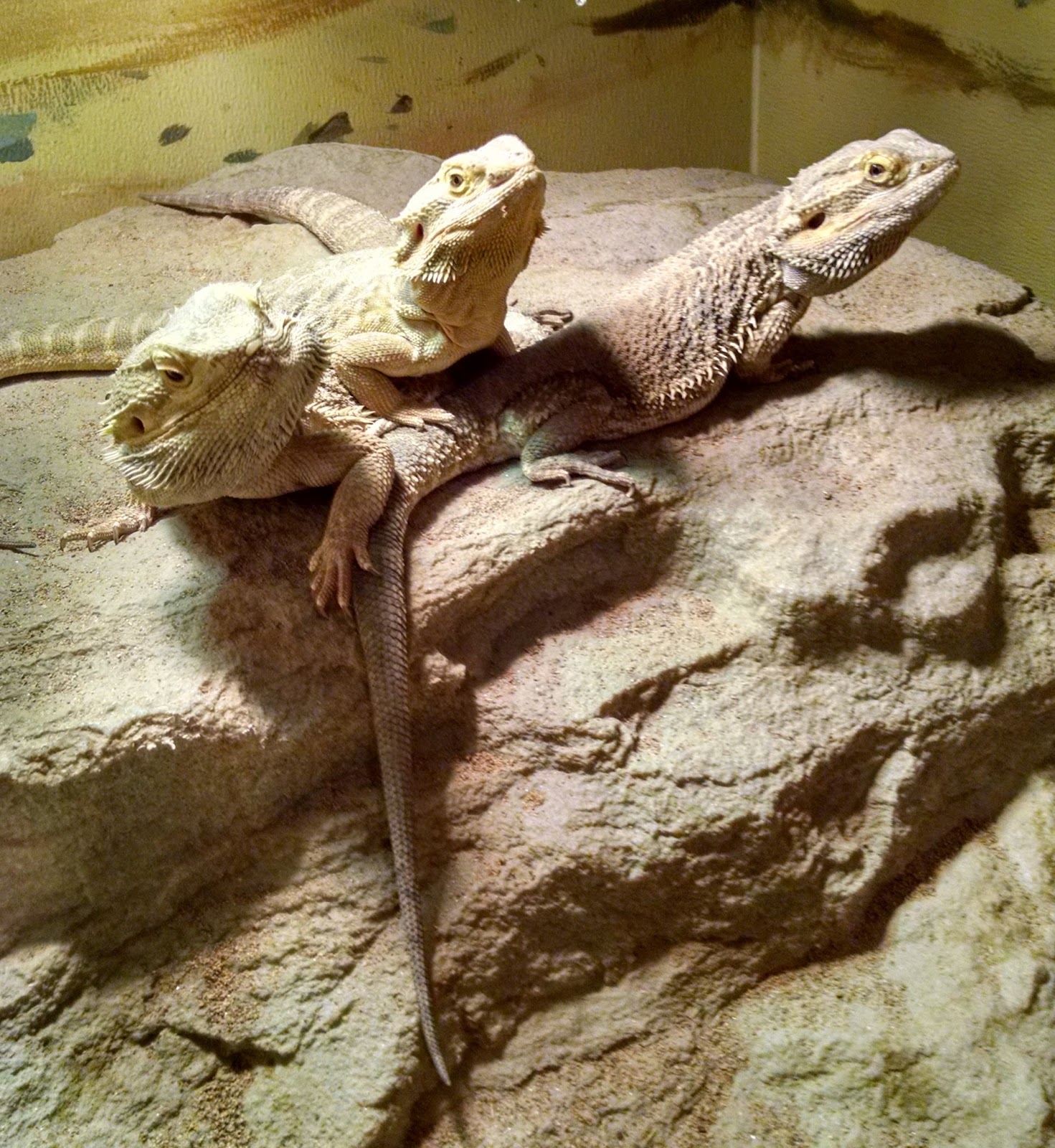Allergic to Bearded Dragon: What You Need to Know
Allergic to Bearded Dragon: Symptoms and Causes
Bearded dragons are one of the most popular pet reptiles in the world. They are easy to care for, have a docile temperament, and come in a variety of colors and patterns. However, some people may experience allergic reactions when exposed to bearded dragons. In this blog post, we will discuss the symptoms and causes of being allergic to bearded dragons.
Symptoms
The symptoms of being allergic to bearded dragons can vary from person to person. Some of the most common symptoms include:
- Sneezing
- Watery eyes
- Runny nose
- Itchy skin
- Hives
- Wheezing
- Coughing
- Shortness of breath
If you experience any of these symptoms after handling or being near a bearded dragon, you should consult with your doctor or allergist about the possibility of being allergic to these pets.
Causes
Allergies to bearded dragons are caused by exposure to their skin, saliva, dander, or feces. These substances can trigger an immune response in some people, leading to allergic symptoms. It’s important to note that not all bearded dragon owners will experience an allergic reaction to their pets. Allergy susceptibility is largely individualized and varies from person to person.
Prevention and Treatment
If you suspect that you might be allergic to bearded dragons, there are some measures that you can take to prevent or minimize allergic reactions. Here are some tips:
Wash your hands after handling your pet.

Wash your hands thoroughly with soap and water after handling your bearded dragon, and avoid touching your face or eyes. This will help to prevent any allergens from coming into contact with your skin or mucous membranes.
Clean your bearded dragon’s enclosure regularly.

Regularly cleaning your bearded dragon’s enclosure and removing any feces and shed skin can help to minimize the spread of allergens in your home. Use a high-quality disinfectant cleaner specifically designed for reptile enclosures to ensure that the environment is safe for both you and your pet.
Consult with your doctor or allergist.
If you continue to experience allergic symptoms despite taking precautions, you should consult with your doctor or allergist. He or she can recommend specific medications or treatments to help alleviate your symptoms and manage your allergy.
Conclusion
Bearded dragons make great pets for many people, but it’s important to be aware of the potential for allergic reactions. With proper care and precautions, however, you can continue to enjoy the company of your bearded dragon without suffering from allergy-related symptoms.
